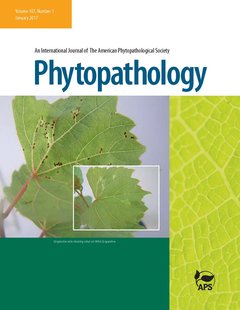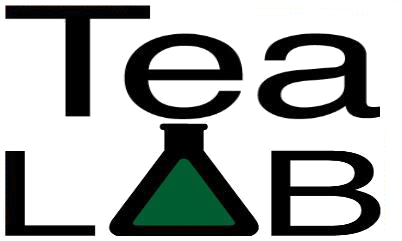 Compost Tea as a Container Medium Drench for Suppressing Seedling Damping-Off Caused by Pythium ultimum Phytopathology June 2004 Link Here The great state of Oregon has graced us with some insight into combatting damping-off caused by the fungal pathogen, Pythium. Researchers at Oregon State University wanted to know how to make the most effective (pythium suppressing) compost tea, so they tested several variables: aerated vs. non-aerated, compost type, tea additives, and dilution rates. The compost types were composted yard waste, vermicompost, and a commercial compost made from manure/agricultural waste. The additives were soluble kelp, humic acid, rock dusts, and molasses. The researchers grew cucumber seedlings planted in an inert growing medium that had been inoculated with Pythium. The seedlings were allowed to grow for nine days, at the end of which the number of healthy seedlings were counted and compared to the control group (seeds planted in non-Pythium inoculated soil). The various tea treatments were used to drench the soil medium upon the time of planting. Consistent disease reduction was only observed with the Aerated Compost Tea that had humic acid and soluble kelp as additives (the type of compost did not matter). Also notable, compost teas made with molasses had inconsistent suppressive effects, with a potential increase in disease. Dilution rates lowered effectiveness as well. The take home message: when making a compost tea, be sure you have sufficient aeration, cut back on the molasses, and use humic acid and kelp additives if you want to keep your seedlings happy and healthy.
5 Comments
|
Archives
June 2024
Categories
All
|
Contact Us
Why TeaLAB?TeaLAB is committed to helping people and their gardens to become more self- sufficient, healthier, and productive. Grow your sweetest corn, your biggest watermelon, your tallest quinoa, your tastiest tomato, and your happiest you.
TeaLAB was founded to teach people how to garden organically, so that we can become more closely connected with the land. Our goal has been to simplify growing methods so that gardeners have a positive experience in the garden. TeaLAB is where the garden meets the laboratory. From around the world and into your backyard, our products contain ingredients that are sourced both locally and globally. Using methods both ancient and cutting edge, TeaLAB promotes maximum biology. Grow with TeaLAB. |

 RSS Feed
RSS Feed
